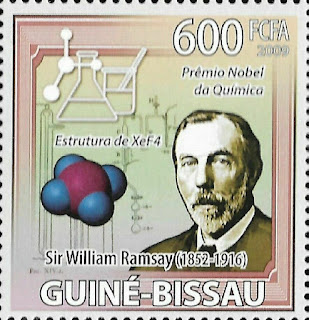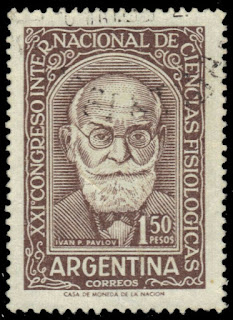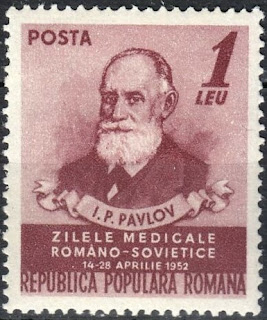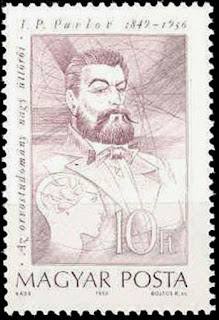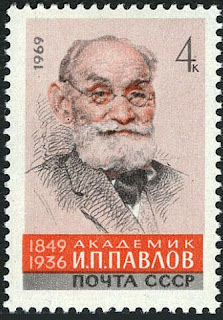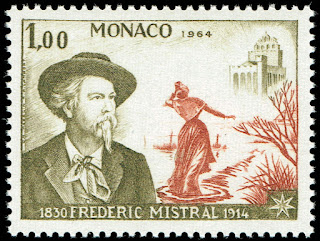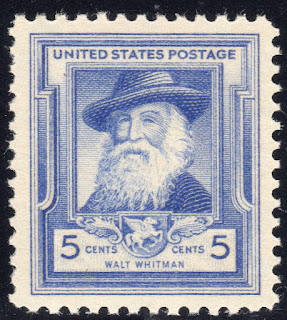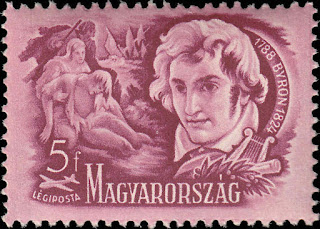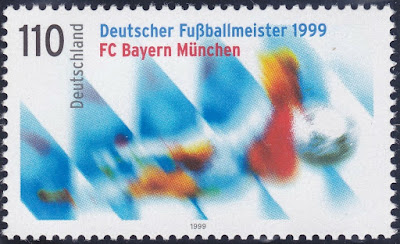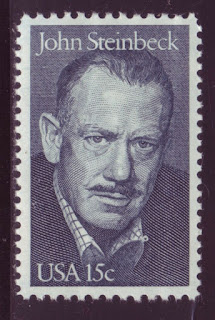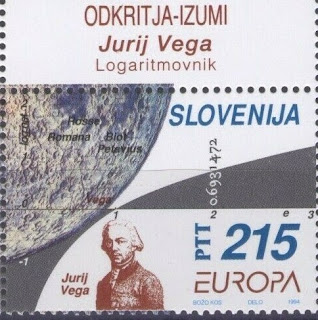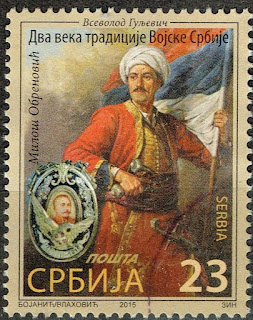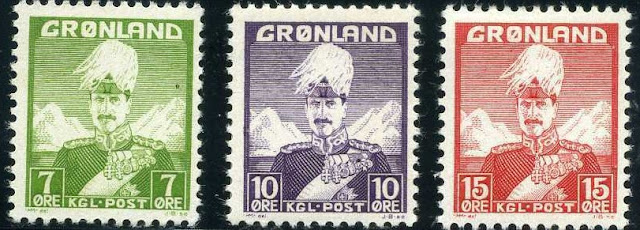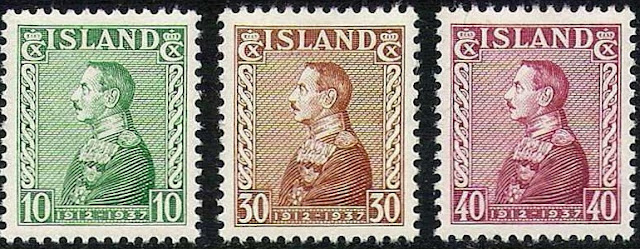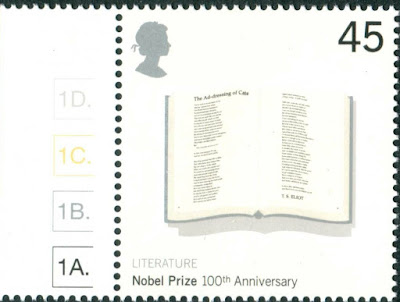Here are some events that happened on February 27th. It could be an event or a person that died or was born on that day
1812 – Poet Lord Byron gives his first address as a member of the House of Lords, in defense of Luddite violence against Industrialism in his home county of Nottinghamshire.
George Gordon Byron, 6th Baron Byron (22 January 1788 – 19 April 1824), known simply as Lord Byron, was an English peer, who was a poet and politician. He was one of the leading figures of the Romantic movement and is regarded as one of the greatest English poets. He remains widely read and influential. Among his best-known works are the lengthy narrative poems Don Juan and Childe Harold's Pilgrimage; many of his shorter lyrics in Hebrew Melodies also became popular.
He travelled extensively across Europe, especially in Italy, where he lived for seven years in the cities of Venice, Ravenna, and Pisa. During his stay in Italy he frequently visited his friend and fellow poet Percy Bysshe Shelley. Later in life Byron joined the Greek War of Independence fighting the Ottoman Empire and died of disease leading a campaign during that war, for which Greeks revere him as a national hero. He died in 1824 at the age of 36 from a fever contracted after the First and Second Siege of Missolonghi.
His only marital child, Ada Lovelace, is regarded as a foundational figure in the field of computer programming based on her notes for Charles Babbage's Analytical Engine. Byron's extramarital children include Allegra Byron, who died in childhood, and possibly Elizabeth Medora Leigh, daughter of his half-sister Augusta Leigh.
Stamps from Greece, Hungary and Russia depicting Lord Byron
1900 – Fußball-Club Bayern München is founded.
Fußball-Club Bayern München e.V. commonly known as FC Bayern München, FCB, Bayern Munich, or FC Bayern, is a German professional sports club based in Munich, Bavaria. It is best known for its professional football team, which plays in the Bundesliga, the top tier of the German football league system, and is the most successful club in German football history, having won a record 30 national titles, including eight consecutively since 2013, and 20 national cups, along with numerous European honors.
FC Bayern Munich was founded in 1900 by 11 football players, led by Franz John. Although Bayern won its first national championship in 1932, the club was not selected for the Bundesliga at its inception in 1963. The club had its period of greatest success in the middle of the 1970s when, under the captaincy of Franz Beckenbauer, it won the European Cup three consecutive times (1974–1976). Overall, Bayern have reached eleven European Cup/UEFA Champions League finals, most recently winning their sixth title in 2020 as part of a continental treble. By winning their sixth Champions League trophy in 2020, Bayern became only the second European club in history to achieve the continental treble twice. Bayern has also won one UEFA Cup, one European Cup Winners' Cup, two UEFA Super Cups, one FIFA Club World Cup and two Intercontinental Cups, making it one of the most successful European clubs internationally and the only German club to have won both international titles. Since the formation of the Bundesliga, Bayern has been the dominant club in German football, winning 30 titles. The club has traditional local rivalries with 1860 Munich and 1. FC Nürnberg, as well as with Borussia Dortmund since the mid-1990s.
Since the beginning of the 2005–06 season, Bayern has played its home games at the Allianz Arena. Previously the team had played at Munich's Olympiastadion for 33 years. The team colors are red and white, and the team crest shows the white and blue flag of Bavaria. In terms of revenue, Bayern Munich is the largest sports club in Germany and the fourth highest-earning football club in the world, generating €660.1 million in 2020. For the 2018–19 season, Bayern reported a revenue of €750.4 million and an operating profit of €146.1 million. This was Bayern's 27th consecutive year with a profit. In November 2019, Bayern had 293,000 official members and there are 4,499 officially registered fan clubs with over 358,151 members. The club has other departments for chess, handball, basketball, gymnastics, bowling, table tennis and senior football with more than 1,100 active members. At the end of the 2019–20 season, Bayern was ranked first in the UEFA club coefficient rankings.
German stamps issued to commemorate Bayern München's successes
1902 Born: John Steinbeck, American journalist and author, Nobel Prize laureate (d. 1968)
John Ernst Steinbeck Jr. (February 27, 1902 – December 20, 1968) was an American author and the 1962 Nobel Prize in Literature winner "for his realistic and imaginative writings, combining as they do sympathetic humour and keen social perception." He has been called "a giant of American letters," and many of his works are considered classics of Western literature.
During his writing career, he authored 33 books, with one book coauthored alongside Edward Ricketts, including 16 novels, six non-fiction books, and two collections of short stories. He is widely known for the comic novels Tortilla Flat (1935) and Cannery Row (1945), the multi-generation epic East of Eden (1952), and the novellas The Red Pony (1933) and Of Mice and Men (1937). The Pulitzer Prize-winning The Grapes of Wrath (1939) is considered Steinbeck's masterpiece and part of the American literary canon. In the first 75 years after it was published, it sold 14 million copies.
Most of Steinbeck's work is set in central California, particularly in the Salinas Valley and the California Coast Ranges region. His works frequently explored the themes of fate and injustice, especially as applied to downtrodden or everyman protagonists.
US stamp and FDC commemorating John Steinbeck
1936 Died: Ivan Pavlov, Russian physiologist and physician, Nobel Prize laureate (b. 1849)
Ivan Petrovich Pavlov (Russian: Ива́н Петро́вич Па́влов; 26 September 1849 – 27 February 1936) was a Russian physiologist known primarily for his work in classical conditioning.
From his childhood days Pavlov demonstrated intellectual curiosity along with an unusual energy which he referred to as "the instinct for research". Inspired by the progressive ideas which Dmitry Pisarev, a Russian literary critic of the 1860s, and Ivan Sechenov, the father of Russian physiology, were spreading, Pavlov abandoned his religious career and devoted his life to science. In 1870, he enrolled in the physics and mathematics department at the University of Saint Petersburg to study natural science.
Pavlov won the Nobel Prize for Physiology or Medicine in 1904, becoming the first Russian Nobel laureate. A survey in the Review of General Psychology, published in 2002, ranked Pavlov as the 24th most cited psychologist of the 20th century. Pavlov's principles of classical conditioning have been found to operate across a variety of behavior therapies and in experimental and clinical settings, such as educational classrooms and even reducing phobias with systematic desensitization.
Stamps from Hungary, Romania, Argentina and Russia depicting Ivan Pavlov

